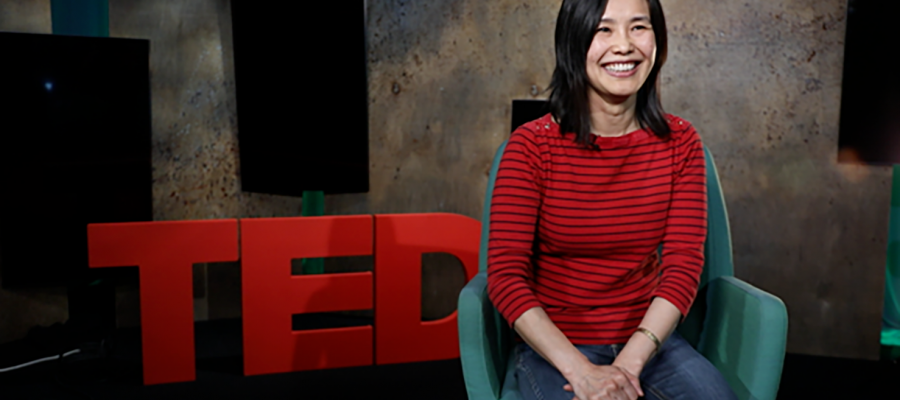In this month’s blog post, Katherine writes about the importance of creating a classroom which promotes equality and celebrates diversity. She explains what equality and diversity mean and why they are important in our context. She then shares a classroom activity to get children thinking about one aspect of diversity,












